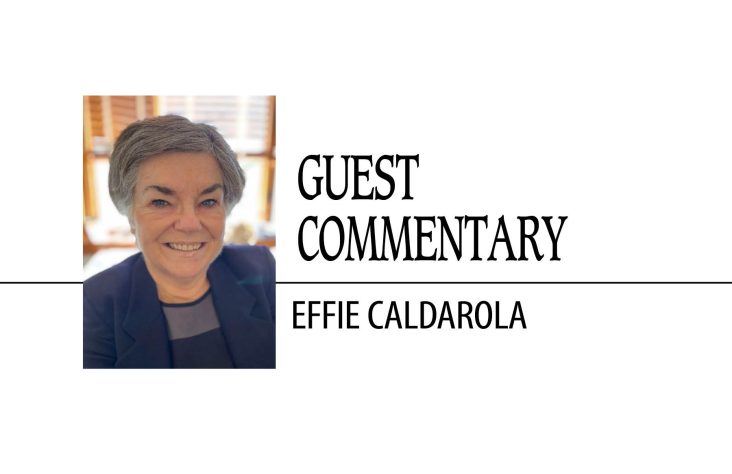October 14, 2014 // Uncategorized
Live in light of the Gospel
29th Sunday in Ordinary Time
Mt 22:15-21
The second part of the Book of Isaiah provides this weekend with its first reading. Much had happened since the first section of Isaiah was written.
The mighty Babylonian Empire had overwhelmed God’s people, literally destroying the two Hebrew kingdoms, the kingdom of Israel and the kingdom of Judah. The reigning Hebrew dynasties were extinguished. Many people were killed. The Babylonians took a number of survivors to Babylon, the imperial capital. There these exiles, or their descendants, were to languish for four generations.
Eventually, however, the Babylonians lost power, being themselves overtaken by a stronger adversary, Persia. The Persian king, Cyrus, who conquered Babylon, had no interest in the exiles from the once Hebrew kingdoms, so he allowed them to return home. For the exiles, it was a day of unequalled joy.
A most novel turn of phrase was the prophet’s designation of King Cyrus as an instrument of God. The reason that this was a novelty was that Cyrus was a pagan. He was not in any sense a son of Abraham. His ancestors had never followed Moses across the Sinai peninsula in the Exodus. Yet, God used Cyrus to accomplish the divine will. The divine will was to effect the survival, and return to peace and security, of the children of Abraham through Cyrus.
For the second reading, the Church presents the First Epistle to the Thessalonians. Thessalonica was a Greek city on the Greek mainland of the Balkans. It is today a living community, the Greek city of Saloniki. The epistle comes from Paul, travelling with his disciples Silvanus and Timothy.
As all other Christians at the time everywhere throughout Asia Minor, the Christians of Thessalonica were in the midst of a hostile culture. Virtually every convention and practice in the Roman Empire that covered all of Asia Minor stood in utter opposition to the Gospel of Jesus.
Paul, therefore, had to reassure, encourage and strengthen this community. He also had to assert his own credentials. He was an Apostle, specially chosen by Christ. His authority came from the Lord, and Paul spoke as a most devout believer in the message of Jesus.
St. Matthew’s Gospel supplies the last reading. It is one of the best-known passages in the New Testament.
Again and again, this text is used to defend the principle of separation of church and state, almost as if two reservoirs of divine authority stand in human life, one the structures of religion, the other human governments.
The Gospel is clear. An attempt is underway to ensnare Jesus. If the Lord spoke against paying taxes, then the Roman law would be violated. The Romans were unforgiving. Yet, if Jesus approved paying taxes, then the Lord would endorse the validity of the hated Roman conquest and occupation.
In responding, Jesus fell into neither trap. The response was that the more important reality is the kingdom of God, above every other consideration, a spiritual realm in which God reigns.
Reflection
The Church still advises us how to be true disciples of Jesus in these readings, as it has for the last several months.
It is a pity that this magnificent lesson from Matthew’s Gospel is misunderstood, that it is a presumed teaching of Christ that church and state stand as equals but separate.
The lesson is much, much more profound. It tells us about reality. Church-state relations of course are real, and these relations have serious implications. All the discussion of church-state relations aside, however, Christians must make all decisions in light of the Gospel. To eternal life God has called them, leading them home at times by messengers as unexpected as Cyrus.
Of all messengers, the greatest are the Apostles. Their advice we need. It awaits us in the Church.
The best news. Delivered to your inbox.
Subscribe to our mailing list today.





